Boeing Slashed to Sell at Northcoast Research

Northcoast Research analysts downgraded Boeing (NYSE:BA) to Sell from Neutral, setting a price target of $140 on the stock. The analysts reflected on a turbulent last three months for Boeing, during which the aerospace sector has seen its fair share of dramatic developments, including unusual incidents and concerns about safety protocols highlighted by whistleblowers. With the quarterly earnings update looming, which the analysts anticipate will raise further concerns about Boeing's fundamentals, Northcoast’s outlook is decidedly bearish.
The analysts suggested that while the market has already reacted to some negative news, as seen in the declining stock price, it may still be overlooking deeper structural issues such as balance sheet stability and potential future cash liabilities.
| Symbol | Price | %chg |
|---|---|---|
| RTX.BA | 52525 | 0.33 |
| LMT.BA | 35140 | 0.28 |
| 329180.KS | 525000 | -0.57 |
| 012450.KS | 970000 | 2.06 |
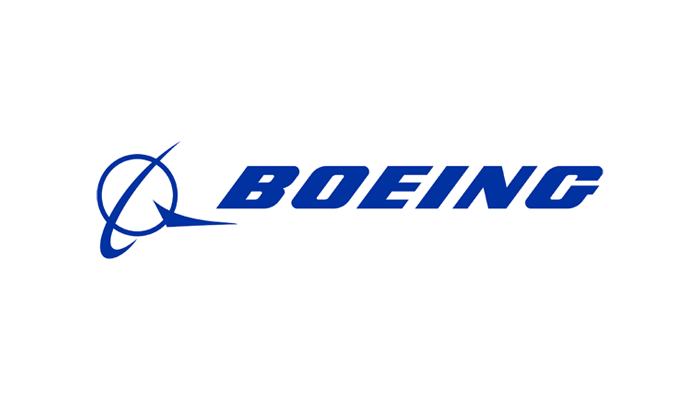
Boeing (NYSE:BA) Stock Upgrade and Financial Overview
- RBC Capital upgraded Boeing (NYSE:BA) to "Outperform" based on positive FAA feedback.
- The average brokerage recommendation (ABR) for Boeing is 1.38, indicating a strong buy sentiment among analysts.
- Boeing's current stock price is $216.84, with a market capitalization of approximately $163.97 billion.
Boeing (NYSE:BA) is a major player in the aerospace industry, known for manufacturing commercial jetliners, defense, space, and security systems. The company competes with other aerospace giants like Airbus. On September 29, 2025, RBC Capital upgraded Boeing's stock to "Outperform," with the stock priced at $217.33. This decision was influenced by positive feedback from the FAA regarding Boeing's 737 MAX and 787 models, as highlighted by TheFly.
Boeing is currently receiving strong support from Wall Street analysts. The average brokerage recommendation (ABR) is 1.38 on a scale from 1 to 5, where 1 indicates a Strong Buy. This rating suggests a positive outlook, as it falls between Strong Buy and Buy. Out of 26 brokerage firms, 20 have given Boeing a Strong Buy recommendation, while two have rated it as a Buy.
The stock price of Boeing is currently $216.84, reflecting a decrease of approximately 2% or $4.42. During the trading day, the stock has fluctuated between a low of $216.50 and a high of $222.80. Over the past year, Boeing's stock has reached a high of $242.69 and a low of $128.88. The company's market capitalization stands at approximately $163.97 billion.
Today's trading volume for Boeing on the NYSE is 4,254,675 shares. Such bullish views from analysts can significantly influence Boeing's stock price, as investors often rely on these recommendations when making decisions to buy, sell, or hold stocks.
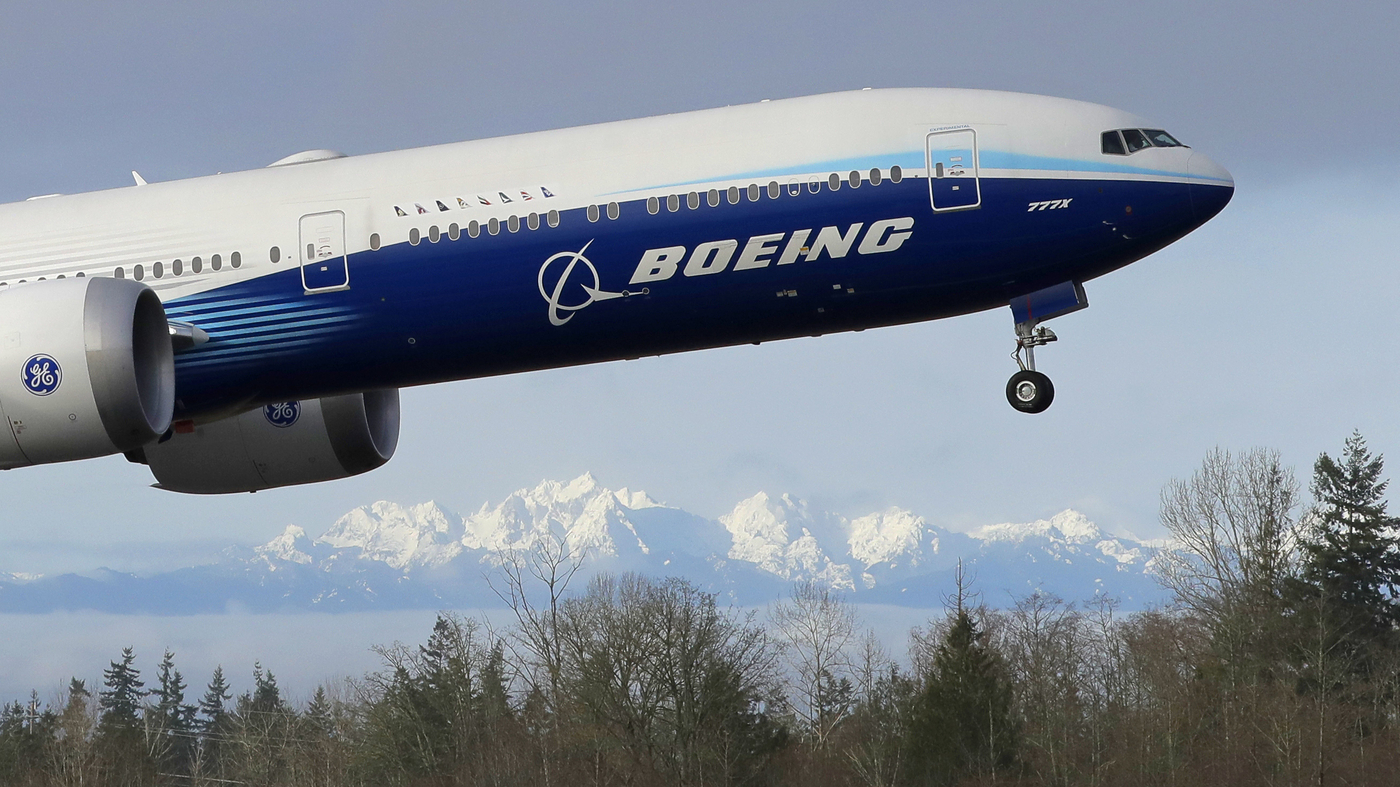
Boeing Revenue Beats On Higher Deliveries, Shares Slip On Ongoing Concerns
Boeing (NYSE:BA) reported better-than-expected group revenue in the second quarter, driven by improved operational execution and higher volumes in its commercial aircraft division. However, shares declined over 3% during intra-day trading.
Revenue from the commercial airplanes unit rose to $10.87 billion, topping Wall Street’s forecast of $10.4 billion. The defense segment also outperformed expectations.
CEO Kelly Ortberg stated that operational changes focused on enhancing safety and quality had started to yield positive results, noting improvements in airplane deliveries and product reliability. Ortberg, who took over in 2024, has worked to restore confidence following a high-profile mid-air panel incident.
Ortberg added that the company remains focused on rebuilding trust and advancing its recovery amid a volatile global backdrop. He also pointed to progress in mitigating tariff risks, supported by a U.S.-China trade truce and a preliminary deal with the EU that exempts aircraft from new levies.
Boeing posted a core loss of $1.24 per share for the quarter, better than analysts had anticipated.
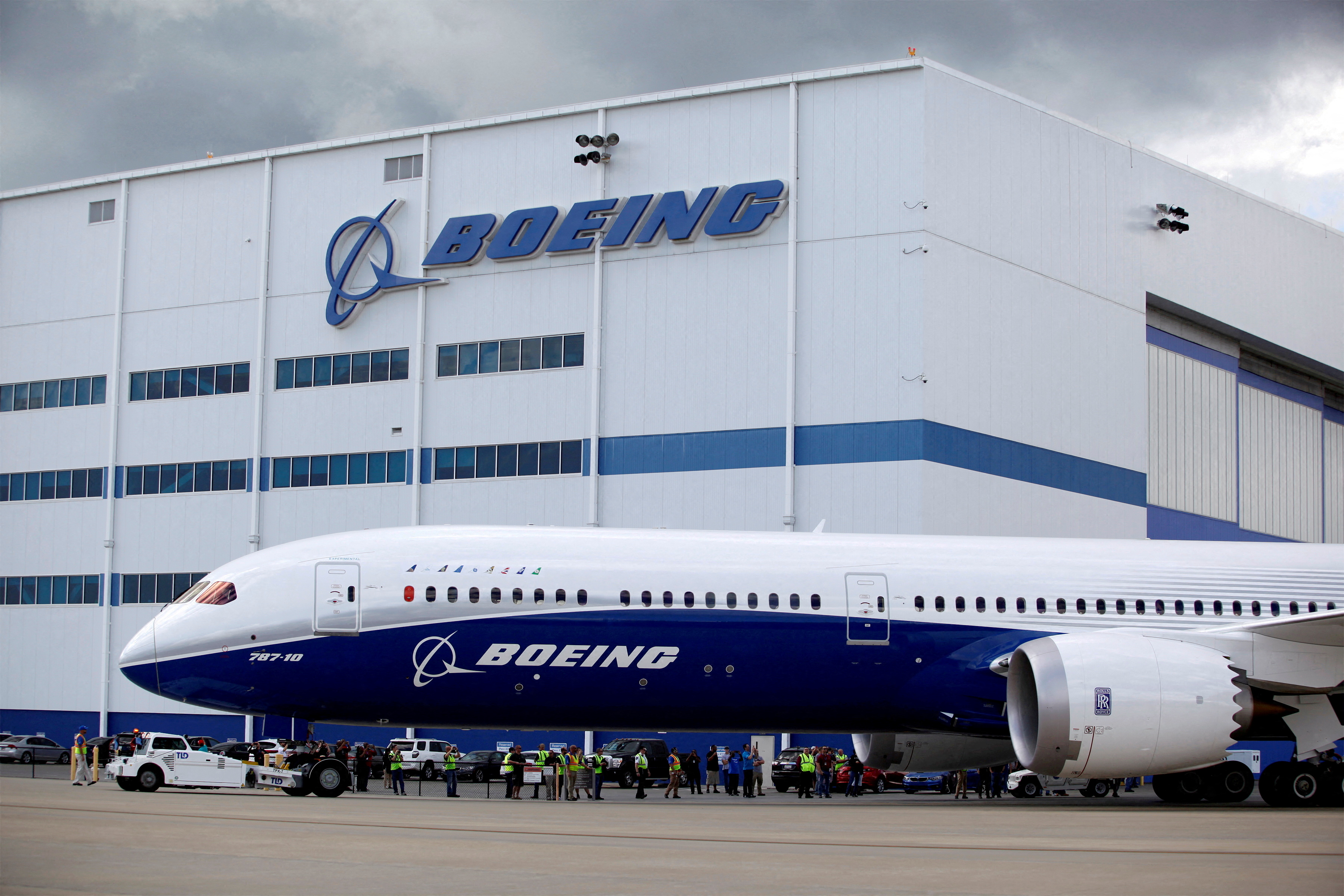
Boeing Co. (NYSE:BA) Maintains Equal-Weight Rating by Morgan Stanley
- Morgan Stanley maintains an Equal-Weight rating for Boeing Co. (NYSE:BA), suggesting a hold position with a price target increase from $200 to $230.
- Boeing is expected to report a loss of 94 cents per share with revenue predictions at $20.2 billion for the upcoming earnings, indicating a potential challenge in meeting financial expectations.
- The stock price of Boeing has seen significant growth, reaching a new 52-week high of $236.62, with a market capitalization of approximately $178.25 billion.
Boeing Co. (NYSE:BA) is a major player in the aerospace industry, known for manufacturing commercial jetliners, defense, space, and security systems. The company competes with other aerospace giants like Airbus. On July 28, 2025, Morgan Stanley maintained its Equal-Weight rating for Boeing, suggesting investors hold their positions. At that time, Boeing's stock price was $236.41.
Boeing is set to release its earnings report soon, with analysts predicting a loss of 94 cents per share and revenue of $20.2 billion. In the previous quarter, Boeing reported revenue of $19.5 billion, surpassing the estimated $19.43 billion. The company recorded a loss of 49 cents per share, which was better than the anticipated loss of $1.27. This mixed performance highlights Boeing's challenges in meeting financial expectations.
Ahead of the earnings announcement, analysts have adjusted their price targets for Boeing. Morgan Stanley's Kristine Liwag maintained an Equal-Weight rating but increased the price target from $200 to $230. This reflects a cautious optimism about Boeing's future performance, despite the anticipated loss in the upcoming earnings report.
Boeing's stock price is currently $236.41, marking a 1.44% increase or $3.35. The stock has traded between $232.91 and $236.63 today, reaching a new 52-week high of $236.62. The 52-week low stands at $128.88, indicating significant growth over the past year. Boeing's market capitalization is approximately $178.25 billion, with a trading volume of 7,036,569 shares on the NYSE.

Boeing Gets Lift From BofA Upgrade on Trade Momentum
BofA Securities upgraded Boeing (NYSE:BA) to Buy from Neutral, significantly raising its price target to $260 from $185, citing improving fundamentals and growing strategic importance in global trade deals.
While Boeing’s backlog hasn’t historically driven BofA’s valuation outlook, recent developments have reshaped the narrative. The firm pointed to a series of international aircraft deals—spanning the UK, Qatar, UAE, and China—as evidence that Boeing jets are becoming a preferred bargaining chip in global trade negotiations, potentially setting a trend that benefits the aerospace giant long term.
Beyond trade tailwinds, BofA also highlighted internal progress at Boeing, including signs of production stabilization, cost carve-outs that reduce free cash flow pressure, and a more cohesive strategic focus across its divisions. Together, these factors signal to the firm that Boeing is turning a corner, creating an attractive entry point for investors.
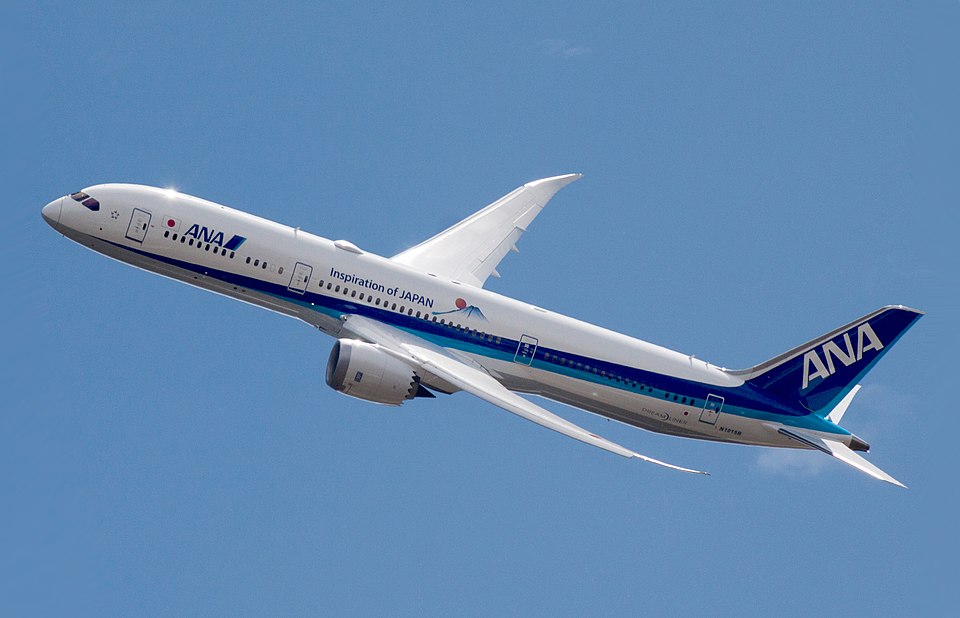
Boeing (NYSE:BA) Maintains "Buy" Rating Amidst Production Increases
- Boeing is ramping up production of its 737 MAX aircraft to 38 airplanes per month, signaling recovery efforts.
- The company is enhancing its internal safety protocols and culture to rebuild trust with regulators and the public.
- Citigroup maintains a "Buy" rating for Boeing, with the stock priced at $203.32 as of May 22, 2025.
Boeing (NYSE:BA) is a major player in the aerospace industry, known for manufacturing commercial jetliners, defense, space, and security systems. The company has faced challenges in recent years, particularly with its 737 MAX passenger jet. Despite these setbacks, Citigroup has maintained a "Buy" rating for Boeing, with the stock priced at $203.32 as of May 22, 2025.
Boeing is making strides to overcome past challenges by resuming a more dynamic production mode. The company plans to stabilize the production of its 737 MAX aircraft at 38 airplanes per month. This increase in production is due to improvements in Boeing's quality and safety culture, as noted by Doug Ackerman, Vice President of Quality for Boeing's Commercial Airplanes division.
To further enhance its operations, Boeing is focusing on improving its internal safety protocols. The company is making it easier for employees to report issues, a move aimed at rebuilding trust with federal regulators. This initiative is part of Boeing's efforts to demonstrate significant progress in improving its employee culture and ensuring compliance with safety standards.
Boeing's stock price reflects a slight increase, currently at $203.32, up by 0.11 or 0.05%. The stock has fluctuated between $201.91 and $204.73 today. Over the past year, Boeing's stock has seen a high of $209.66 and a low of $128.88. The company's market capitalization is approximately $153.3 billion, with a trading volume of 3,134,158 shares on the NYSE.
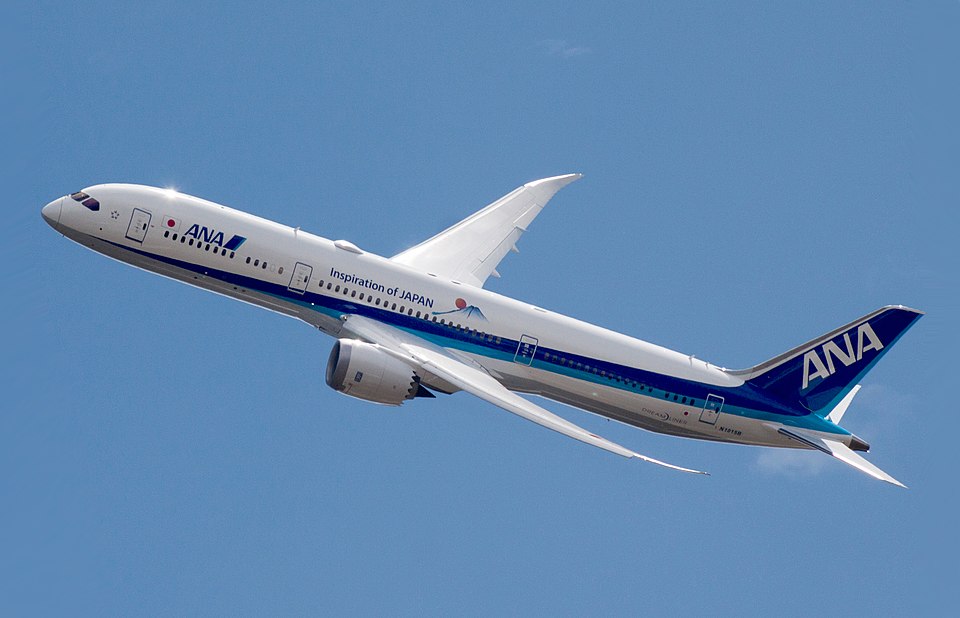
Boeing (NYSE:BA) Maintains "Buy" Rating with Increased Price Target
- Cowen & Co. maintains a "Buy" rating for Boeing (NYSE:BA), raising the price target from $180 to $200.
- The current stock price of Boeing is $185.56, with a slight decrease of 0.22% or $0.40.
- Boeing's stock has experienced volatility, trading between $183.50 and $186.70 today, indicating strong investor interest and engagement.
Boeing (NYSE:BA) is a leading aerospace company known for manufacturing commercial jetliners, defense, space, and security systems. It competes with companies like Airbus in the commercial aircraft sector. On May 7, 2025, Cowen & Co. maintained its "Buy" rating for Boeing, with the stock priced at $185.52. This reflects confidence in Boeing's market position and future prospects.
TD Cowen analyst Gautam Khanna also supports this positive outlook by raising Boeing's price target from $180 to $200. This suggests an expectation of growth in Boeing's stock value. The current stock price is $185.56, showing a slight decrease of 0.22% or $0.40. Despite this minor dip, the raised price target indicates potential for future gains.
Boeing's stock has shown volatility, trading between $183.50 and $186.70 today. Over the past year, it has reached a high of $196.95 and a low of $128.88. This range highlights the stock's fluctuations, yet the "Buy" rating suggests confidence in its upward trajectory. The company's market capitalization is approximately $139.9 billion, reflecting its significant presence in the aerospace industry.
Today's trading volume for Boeing is 5,355,022 shares on the NYSE. This level of activity indicates strong investor interest and engagement with the stock. The combination of a maintained "Buy" rating and an increased price target from TD Cowen suggests that Boeing is positioned for potential growth, despite recent price fluctuations.

Boeing (NYSE:BA) Maintains "Buy" Rating with Increased Price Target
- Cowen & Co. maintains a "Buy" rating for Boeing (NYSE:BA), raising the price target from $180 to $200.
- The current stock price of Boeing is $185.56, with a slight decrease of 0.22% or $0.40.
- Boeing's stock has experienced volatility, trading between $183.50 and $186.70 today, indicating strong investor interest and engagement.
Boeing (NYSE:BA) is a leading aerospace company known for manufacturing commercial jetliners, defense, space, and security systems. It competes with companies like Airbus in the commercial aircraft sector. On May 7, 2025, Cowen & Co. maintained its "Buy" rating for Boeing, with the stock priced at $185.52. This reflects confidence in Boeing's market position and future prospects.
TD Cowen analyst Gautam Khanna also supports this positive outlook by raising Boeing's price target from $180 to $200. This suggests an expectation of growth in Boeing's stock value. The current stock price is $185.56, showing a slight decrease of 0.22% or $0.40. Despite this minor dip, the raised price target indicates potential for future gains.
Boeing's stock has shown volatility, trading between $183.50 and $186.70 today. Over the past year, it has reached a high of $196.95 and a low of $128.88. This range highlights the stock's fluctuations, yet the "Buy" rating suggests confidence in its upward trajectory. The company's market capitalization is approximately $139.9 billion, reflecting its significant presence in the aerospace industry.
Today's trading volume for Boeing is 5,355,022 shares on the NYSE. This level of activity indicates strong investor interest and engagement with the stock. The combination of a maintained "Buy" rating and an increased price target from TD Cowen suggests that Boeing is positioned for potential growth, despite recent price fluctuations.







